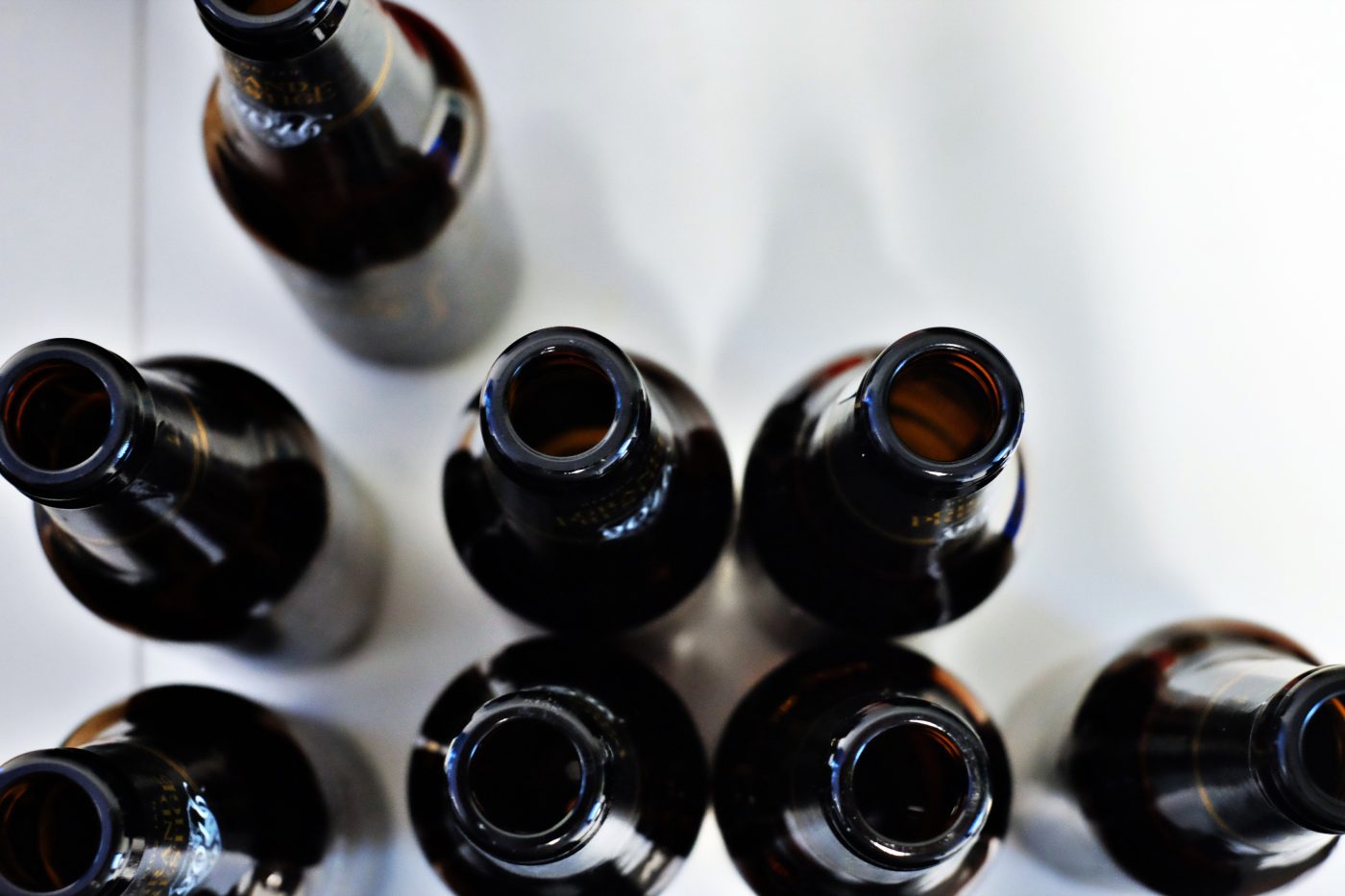
Signs of Being an Alcoholic
There’s a thin line between social drinking, alcohol abuse and alcoholism, writes DeAnna Jordan in the U.S. News and World Report.
How to Tell if I’m an alcoholic?
Jordan is the clinical director of a California treatment center, and writes that there’s no “Ah ha!” moment for when a drinker crosses these lines.
“Generally, the drinker doesn’t consciously understand that alcohol has become a problem until he or she is a few miles past the last line,” Jordan says. “If the drinker ever felt a slight inclination that the habit developed into full-force alcoholism, he or she probably shrugged it off in denial.”
Is there a way to tell you’re an alcoholic? It isn’t as easy as saying something like “As long as I don’t drink alone, I’m OK.”
Jordan says a more important question to ask people who struggle with accepting alcoholism is “How often are you thinking about drinking?”
How to Tell if you’re an Alcoholic: Ask these Questions
From there, she asks things like:
- Do you frequently feel compelled to drink?
- Does alcohol, the thought of alcohol or the planning of your next drink occupy most of your energy and focus?
- Have you wanted to stop drinking, but find yourself with a drink in hand just a short time later?
- Have you sacrificed other activities that you enjoy because you plan to drink or were drinking?
- Do you find that you need to consume more alcohol to get the same effects you once had?
Asking these questions can spark a discussion about alcoholism and the behaviors commonly connected with dependency on alcohol. They address the mental, emotional and physical state of drinking. They provide valuable insight into addiction education for alcoholics.
“The general rule of thumb when it comes to labeling oneself as an alcoholic is: If alcohol causes or has caused mental, physical or emotional distress in your life, alcohol has ceased to be a luxury and has entered the realm of necessity,” Jordan writes.
Remember that alcoholism usually runs in families. If you have relatives who have struggled with alcoholism or addiction, you’re at a great risk for becoming addicted yourself. Anxiety, depression and bipolar disorder also put people at a higher risk.
If you’re still wondering, Jordan suggests asking these questions:
Signs of being an alcoholic: More Questions to Ask

- Does your drinking typically make you feel guilty?
- Do you feel the need to lie about your drinking?
- Have family or friends expressed concern about your drinking habits?
- Do you frequently drink more than had planned?
- Do you black out while drinking?
- Do you feel that you need alcohol to feel more relaxed or otherwise better?
- Do you ever wake from a night of drinking with anxiety, sweating or shaking that only alcohol or medication can fix?
- Are you uncomfortable in places where alcohol is unavailable?
- Do people who can drink without consequences make you jealous?
- Have you ever tried to control your drinking?
- Has drinking led to problems at home, school or work?
- Do you ever think your life would be better if you didn’t drink?
Answering yes to at least three of these questions means you may be mildly abusing alcohol. Saying yes to four to seven of these questions means you show signs of alcoholism and should seek help for dependence. If you said yes to eight to 12 of those questions, you show signs of severe alcoholism and should seek treatment.
Jordan cautions that this isn’t an official, medically approved test, but rather a guide to give people an idea of the questions to ask when considering how much you drink.
“If you take an honest survey of yourself and your drinking habits, you can determine whether you have reached the point of alcoholism and only then can you get the help you need,” she writes. ”Doing so will teach you how to move through life without the aid of alcohol, allowing you to reconnect with your loved ones and to rekindle your desire to live another day.”
Regardless, a doctor should review any suspicion of alcoholism. For further information about the nuances of alcohol, see one of our earlier blogs here.
Table of Contents







